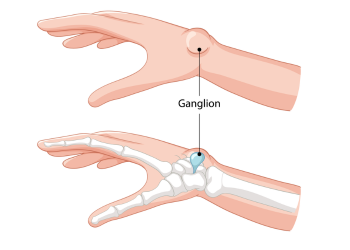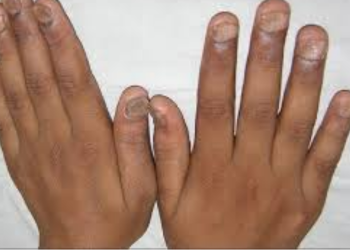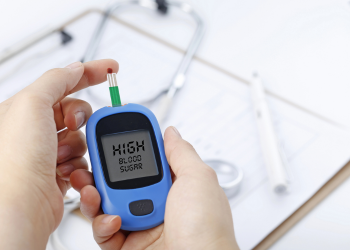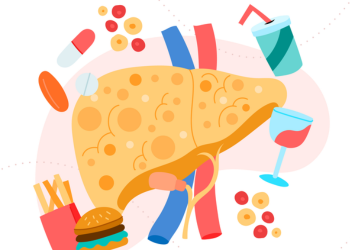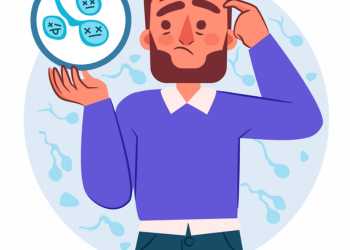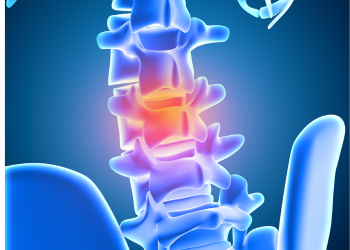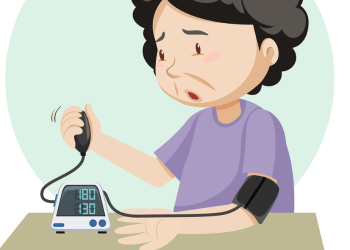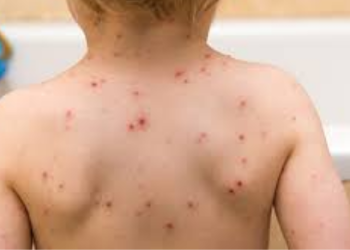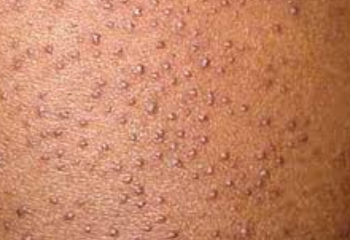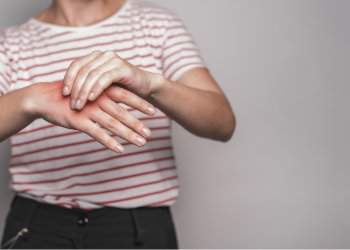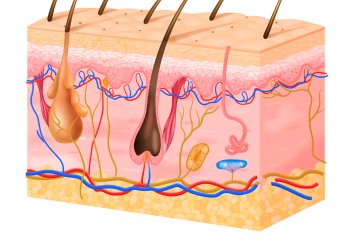
Obsessive-compulsive disorder (OCD)
features a pattern of unwanted thoughts and fears known as obsessions. These
obsessions lead you to do repetitive behaviors, also called compulsions. These
obsessions and compulsions get in the way of daily activities and cause a lot
of distress.
Ultimately, you feel driven to do
compulsive acts to ease your stress. Even if you try to ignore or get rid of
bothersome thoughts or urges, they keep coming back. This leads you to act
based on ritual. This is the vicious cycle of OCD.
OCD often centers around certain
themes, such as being overly fearful of getting contaminated by germs. To ease
contamination fears, you may wash your hands over and over again until they're
sore and chapped.
If you have OCD, you may be ashamed,
embarrassed, and frustrated about the condition. But treatment can be effective.
Symptoms
Obsessive-compulsive disorder usually includes both obsessions and
compulsions. But it's also possible to have only obsession symptoms or only
compulsion symptoms.
OCD obsessions are lasting and unwanted thoughts that keeping
coming back or urges or images that are intrusive and cause distress or
anxiety. You might try to ignore them or get rid of them by acting based on
ritual. These obsessions usually intrude when you're trying to think of or do
other things.
Obsessions often have themes, such as:
Fear of
contamination or dirt.
Doubting and
having a hard time dealing with uncertainty.
Needing things
to be orderly and balanced.
Aggressive or
horrific thoughts about losing control and harming yourself or others.
Unwanted
thoughts, including aggression, or sexual or religious subjects.
Examples of obsession symptoms include:
Fear of being
contaminated by touching objects others have touched.
Doubts that
you've locked the door or turned off the stove.
Intense stress
when objects aren't orderly or facing a certain way.
Images of
driving your car into a crowd of people.
Thoughts about
shouting obscenities or not acting the right way in public.
Unpleasant
sexual images.
Staying away
from situations that can cause obsessions, such as shaking hands.
Compulsion symptoms
OCD compulsions are repetitive behaviors that you feel driven to
do. These repetitive behaviors or mental acts are meant to reduce anxiety
related to your obsessions or prevent something bad from happening. But taking
part in the compulsions brings no pleasure and may offer only limited relief
from anxiety.
As with obsessions, compulsions usually have themes, such as:
Washing and
cleaning.
Checking.
Counting.
Ordering.
Following a
strict routine.
Demanding
reassurance.
Examples of compulsion symptoms include:
Hand-washing
until your skin becomes raw.
Checking doors
over and over again to make sure they're locked.
Checking the
stove over and over again to make sure it's off.
Counting in
certain patterns.
Silently
repeating a prayer, word or phrase.
Trying to
replace a bad thought with a good thought.
Arranging your
canned goods to face the same way.
Causes
Biology. OCD may be due to changes in your body's
natural chemistry or brain functions.
Genetics. OCD may have a genetic component, but
specific genes have yet to be found.
Learning. Obsessive fears and compulsive behaviors can
be learned from watching family members or learning them over time.
Risk factors
Family history. Having parents or
other family members with the disorder can raise your risk of getting OCD.
Stressful life events. If
you've gone through traumatic or stressful events, your risk may increase. This
reaction may cause the intrusive thoughts, rituals and emotional distress seen
in OCD.
Other mental health disorders. OCD may
be related to other mental health disorders, such as anxiety disorders,
depression, substance abuse or tic disorders.
Complications
Excessive
time spent taking part in ritualistic behaviors.
Health
issues, such as contact dermatitis from frequent hand-washing.
Having
a hard time going to work or school or taking part in social activities.
Troubled
relationships.
Poor
quality of life.
Thoughts
about suicide and behavior related to suicide.
Prevention
There's no sure way to prevent
obsessive-compulsive disorder. However, getting treated as soon as possible may
help keep OCD from getting worse and disrupting activities and your
daily routine.
Diagnosis
Psychological evaluation. This
includes talking about your thoughts, feelings, symptoms and behavior patterns
to find out if you have obsessions or compulsive behaviors that get in the way
of your quality of life. With your permission, this may include talking to your
family or friends.
Physical exam. This may be done to rule out other issues
that could cause your symptoms and check for any related complications.
FAQs
What does OCD do to a person?
If you have OCD, you'll usually experience frequent
obsessive thoughts and compulsive behaviours. An obsession is an unwanted and
unpleasant thought, image or urge that repeatedly enters your mind, causing
feelings of anxiety, disgust or unease.
Can a person with OCD be normal?
Many people successfully manage their OCD and live normal,
successful lives

